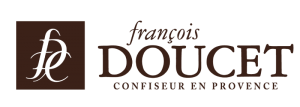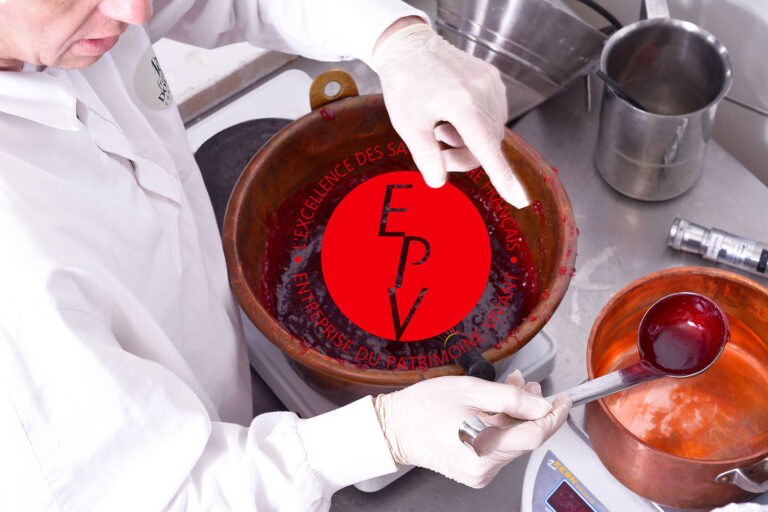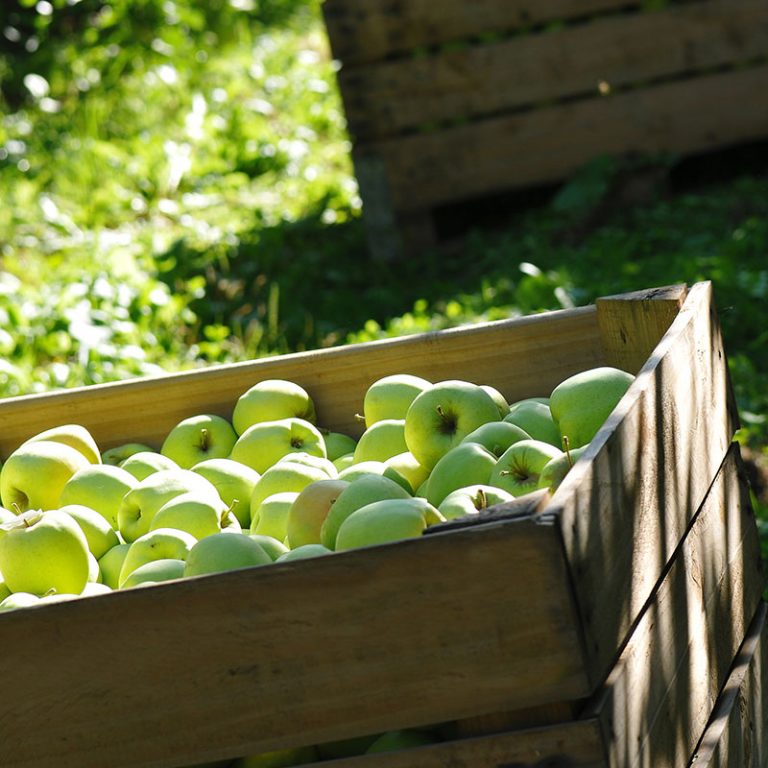On the 11th of May, France entered a phase of exit from the lockdown. However, it does not concern all businesses, particularly in hospitality and catering; neither does it apply to the whole country in the same way. The continuation of this gradual exit from lockdown also depends on changes in the situation. All the indications are that we have entered a long, uncertain process where only one thing is sure: the world after will never be quite the same as it was before.
At François Doucet Confiseur, we have of course also been hit hard by this pandemic and its consequences: factory closures, temporary lay-offs and a cautious return to activity. We made the most of this period to think about what tomorrow could be, as well as the conditions for our resilience and that of our clients. Over the course of these weeks, we have built up a reservoir of ideas and thoughts, many of which concern the hospitality and catering sector. It is these ideas and opinions that we want to share with you today. To make for easier reading, we propose sending you, a dozen days apart, two communications (this one included). And we will of course be delighted if you want to interact with us. Write to us at mondededemain@francois-doucet.com and we will happy to get back to you.
THE REAL DIFFICULTIES MAY LIE AHEAD OF US
The closure of an establishment, and the resulting lost sales, is of course an experience that can rapidly become damaging and even fatal for many companies. Government assistance is welcome, but it can only be a temporary solution. For us, the two fundamental questions lie elsewhere:
The first question relates to the type of recovery we will see in the period ahead of us: if it is a rapid one, the several weeks of closure will quickly be forgotten. If the recovery is slower, establishments will not be operating at full capacity, with fixed-cost structures that are incompatible with business levels, and will risk running at a loss. This may be the case with fewer customers, as well as with the introduction of social distancing measures.
The second question relates to changes in consumption, travel and other habits. These changing habits were of course the subject of much discussion at the height of the pandemic. Some of them may have negative consequences, such as the replacement of travel by videoconferencing, while others may be very positive, such as a return to eating that is healthier, more local, etc.
While we have all been affected in similar ways, the range of solutions we are able to come up with, as well as how agile we are when implementing them, could very well make all the difference. We believe that the resilience of many companies will depend on this innovation, creativity and agility.
LESSONS FROM LOCKDOWN: FEEDBACK FROM OUR CLIENTS
Most of our clients believe that the crucial factors underpinning the hospitality and catering sector remain very sound in France:
- France is among the leading destinations in the world, a position it has achieved thanks to the quality of its heritage, the diversity of its landscapes, and its integration in trade cycles for goods and services. There is no reason why these underpinning factors should disappear.
- Food is an essential human need and humans are a social animal. A few exceptions aside, these fundamental factors will not change.
- The quality of life in France, and its gastronomic tradition in particular (the gastronomic meal of the French is part of the cultural heritage of humanity), are universally appreciated. This is an intangible asset that will remain.
Trends observed during the lockdown and recently highlighted in a study by LSA (a French magazine that analyses retail and consumption trends) were partly influenced by this exceptional situation, but they also show underlying forces that can have positive impacts on hospitality and catering:
- We must rapidly mention the close attention paid to hygiene, which is related to the virus but will have a lasting influence: impeccable cleanliness of reception spaces, communication regarding hygiene measures, a safe and reassuring environment, etc.
- “Home-made” production is illustrated by the boom in sales of DIY products and nutritional yeast, for example, but it will also make food produced directly by chefs, as well as authentic and local food in general, more important in the eyes of consumers in restaurants. Will this signal the end of ready-to-use ingredients that are vacuum-cooked, pasteurised or sterilised?
- Everyday little pleasures, in particular with a significant increase in chocolate consumption (+49%). In the context of a gradual exit from lockdown, we can imagine that meals out in a restaurant and more generally weekend breaks, will come back in a big way, benefiting those who are able to win over and retain this client base.
- The fourth trend of “resourcefulness” will likely lead to increased demand for manual and discovery activities, such as cookery classes and discovery trails to complement a weekend break, or a recipe given to customers at the end of a meal.
Lastly, the great amount of feedback gathered from the field highlights success factors that are moving in three main directions: innovation, strong local roots and the ability to remain very close to the customer base at all times, in every sense of the term:
- Innovation: this has shown through in the introduction of new services, or the expansion and facilitation of services. These include catering services, the ability to prepare food baskets or meal parcels, and add special touches to them, or to open a delicatessen section in the restaurant… Catering services are often complemented by a click & collect service, which of course means that you need to have an up-to-date website (with a daily online menu) that is easy to access. In the future we can think about extending chef-at-home or cookery class services, for example. In all cases, innovation will also involve creating imaginative menus and products, which offer customers a pleasant surprise.
- Strong local roots: this shows itself in various ways and is linked to the renewed demand for local shops, such as delicatessens, butchers, bakers and other retailers during the period. It is based on feelings of environmental responsibility, the carbon footprint, and so on. We should also not forget the aspect of convenience. We can consider buying from local or regional producers (and publicising this fact of course). We can probably also reconsider our immediate environment as being the natural catchment area of our establishments.
- The ability to remain very close to the customer base, in every sense of the term. This means offering 24/7 accessibility, through digital means of course. In this respect, it is highly beneficial to have a user-friendly website, as well as to offer a fast delivery service, regular newsletters, communication on social networks, responses to email requests, and the list goes on. The future of many establishments in the hospitality and catering sector is likely to depend on how far they are able to develop digital services. This also means being close to customers in human terms, and to demonstrate solidarity with your ecosystem. For example, we have seen a restaurant owner who put a fridge in front of their closed establishment with a selection of products available for free. There are also examples of manufacturers that have made donations, as François Doucet Confiseur did when it gave several hundred kilograms of fruit jellies to hospitals that were overloaded with Covid-19 cases. In short, the idea here is to enhance the customer experience and to expand your action well beyond simply welcoming customers in the establishment.
PLANNING A PANDEMIC EXIT SCENARIO
While not all of these trends are new, it is likely that the COVID-19 pandemic will be a catalyst for them. We prefer to see them in a positive light, because they represent significant leverage that will enable us to stand out and capture the attention of a customer base that is looking for new points of reference.
In our next communication, we propose taking a closer look at these trends and showing how we, at François Doucet Confiseur, have taken them on board and prepared as well as possible for both our exit from the pandemic and that of our clients. This will be our own feedback that we would like to share with you.




